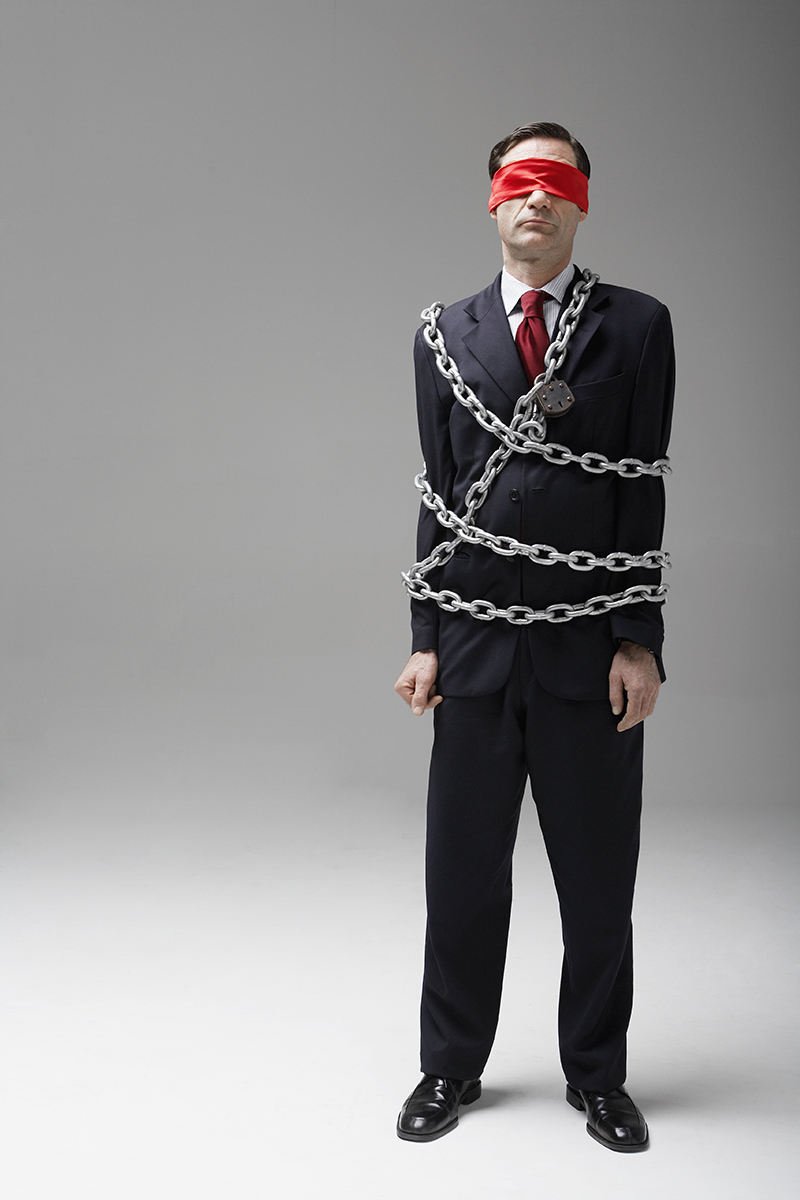
Escape from fixed costs in the fast track will prove difficult, says Patrick Allen
Fixed costs in the fast track have finally arrived. The rules are found at CPR45.29 A-L. From 1 August personal injury claims worth up to £25,000 must enter the portal. If they then exit the portal eg because liability is not admitted, they become subject to a fixed cost regime where the amount depends on the stage at which settlement is reached, the damages and the case type. This applies to causes of action occurring after 31 July 2013.
Fears realised
Fast track fixed costs have been threatened for the last 15 years and resisted for good reason by claimant lawyers because they feared:
- Once fixed they would never go up again.
- They would be fixed too low.
- Escape would be all but impossible.
- The amount of work needed would depend largely on complexity and the defendants’ conduct of the case.
All these fears are now realised.
The process of arriving at the level of fixed costs was









